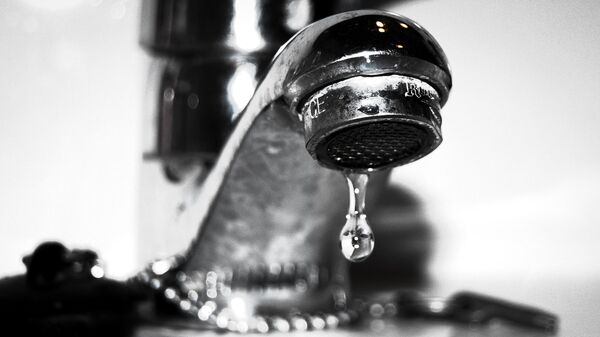Sputnik’s Brian Becker spoke to Jennifer Chavez, staff attorney at EarthJustice, about the ongoing health crisis. She told Loud & Clear that it is a valid policy for officials and utilities to downplay problems as a means to avoid causing panic, but that it is irresponsible and unethical to fail to provide people with the information they need to protect themselves.
“When you know that kids are drinking lead in their water, and there is no human tolerance for lead, and that it has a lifetime implication — and public officials are quibbling about this, that, and the other thing, and not trying to stop it, as their urgent priority. It would seem to me that they should not only be fired, they should be held accountable — that's criminal negligence, isn't it?” Becker asked Chavez.
“It’s certainly, in terms of ethical behavior, it was not the ethical thing to do, to wait,” Chavez said. “It’s important for people to understand that this is a problem across the country. Many people do not realize that their water has levels of lead in it that may be harmful to them. Public utilities are supposed to provide public education and let their customers know about this risk, but what we find time and time again is that utilities downplay the risk of lead in water and play up the risks of lead from other sources.”
For at least six months, the EPA was fully aware of the poisoning of Flint’s water, but they did not publicize their concerns.
“When people have accurate information they know how to protect themselves, they know how to make appropriate judgements for themselves. it is really irresponsible and unethical for the utilities, or state regulators, or the EPA to decide unilaterally that people don’t need this information. That they shouldn't even be given the chance to make their own judgements about what they need to do to protect themselves,” Chavez said.
The poisoning of Flint’s water began in April 2014, when the city stopped receiving its supply from Detroit, instead shifting to water taken directly from the Flint River, a source known to have a high corrosive salt content. Corrosive salts in the water damaged the pipes, which contain lead, causing that material to be released into the water, and contaminating it.
In October, the state changed the city’s drinking water source back from the polluted Flint River to the Detroit water system, but warned that the water remains unsafe to drink. Governor Snyder has resisted growing calls for his resignation over the scandal.
Lawsuits against the state and the governor allege violations of the Safe Drinking Water Act, a federal law which protects the public drinking water supply. Snyder blames the EPA, which in turn blames state officials, saying that they did not act quickly enough.



